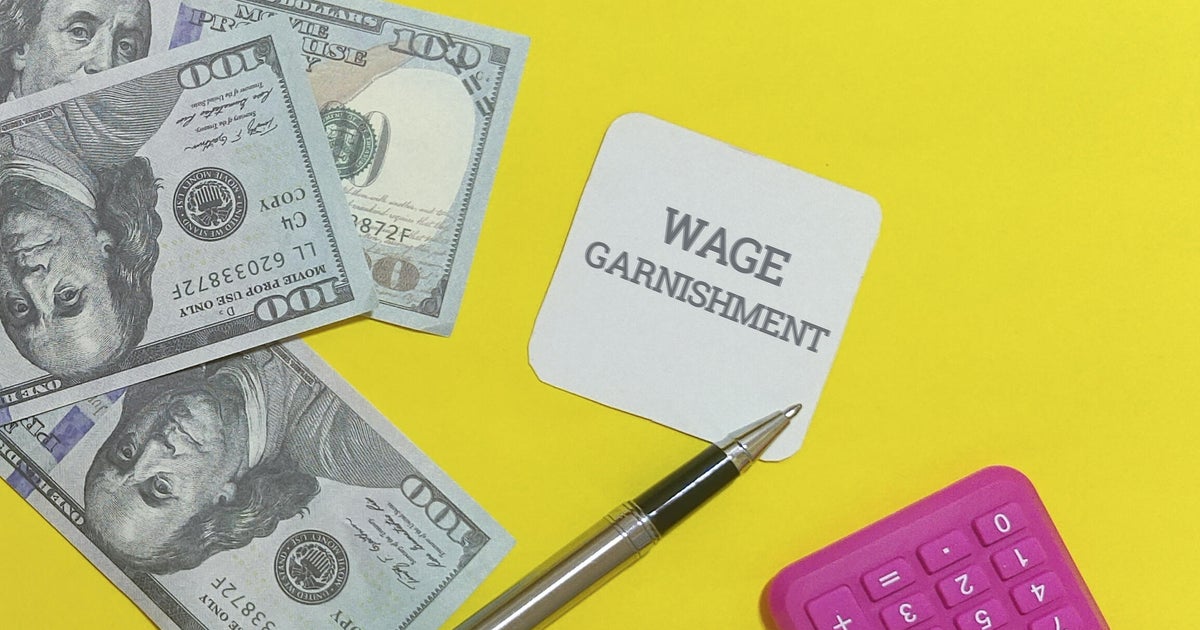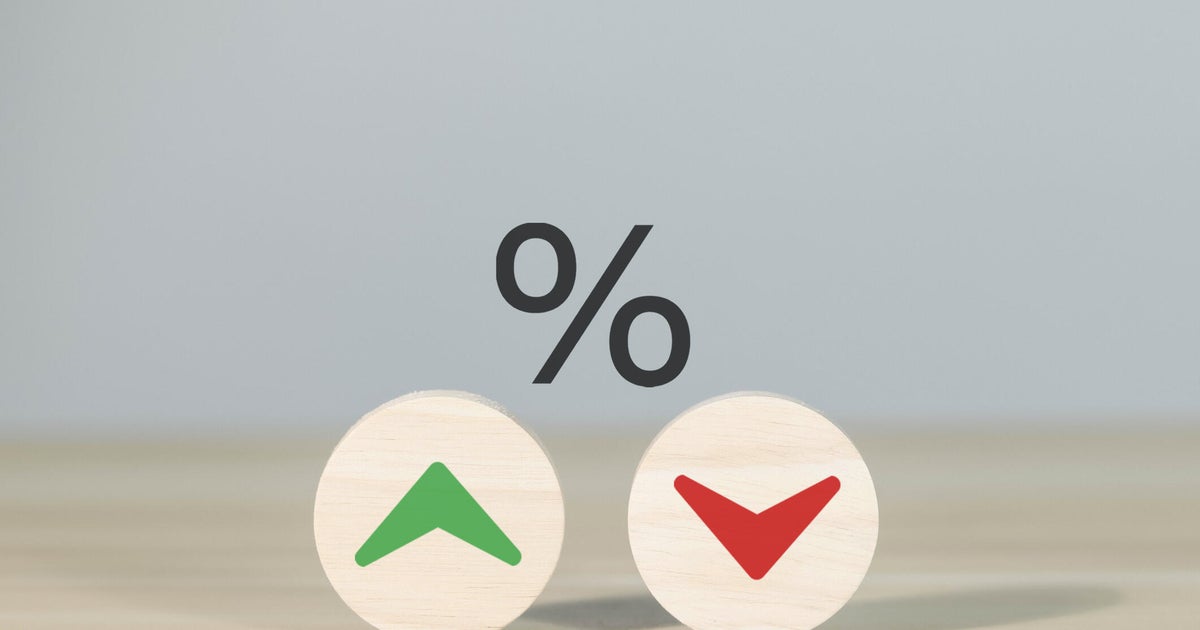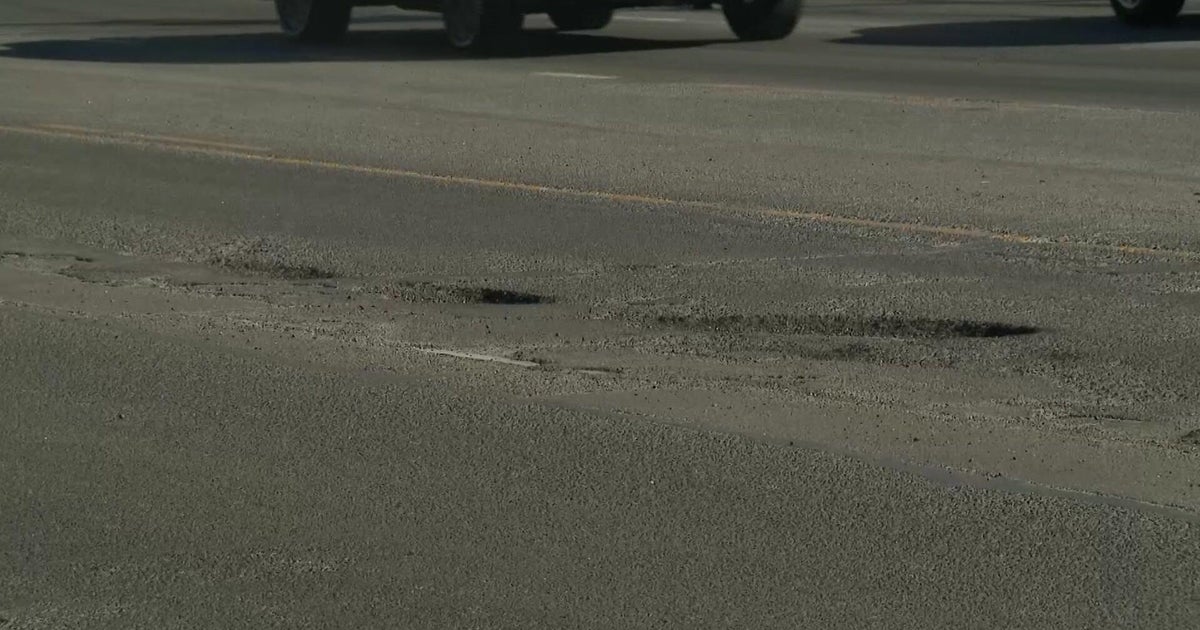Faced with a $1,000 emergency, most Americans say they wouldn't have the money
A majority of Americans say they would struggle to pay for a $1,000 emergency expense, with a record share saying they would have to turn to credit cards to cover the cost, according to a new study released Wednesday.
Only 4-in-10 Americans said they could cover an emergency of $1,000 or more using funds from their savings account, the new Bankrate survey found. Although that's roughly the same share of Americans who found themselves in this financial position last year, about 25% of Americans surveyed said they would need to cover an unexpected $1,000 expense using a credit card, the highest percentage on record, Bankrate said.
"With 1 in 4 Americans telling us they'd react to a large emergency expense by using a credit card, their timing couldn't be worse," Mark Hamrick, Bankrate's senior economic analyst, said in a statement.
That's because credit card rates have jumped following the Federal Reserve's series of interest rate hikes during the last year, which are designed to battle the highest inflation in four decades. At the same time, almost 7-in-10 Americans told Bankrate they are saving less due to inflation, placing more households in a precarious financial position just as the U.S. economy is edging toward a possible recession.
Relying on credit cards to cover emergency expenses could cause a deeper financial hole given the recent surge in credit card rates, Hamrick said. The average interest rate on a new credit card is now 21.4%, while existing cards have an average rate of 19%, according to WalletHub. Those figures compare to 16.6% and 13.4%, respectively, in 2011.
"On average, credit card interest rates are the highest we've seen and are slated to go higher as the Federal Reserve continues to hike," Hamrick said. "Under the best of circumstances, this debt should be paid before costly interest charges hit the account."
Adults between 18 to 26 as well as Americans who earn less than $50,000 said it would be more difficult for them to pony up $1,000 for an emergency compared with older and higher-earning respondents, according to the survey, which polled more than 1,000 people in mid-December.
Personal finance experts typically recommend that people have at least three months' worth of income saved to tide them over in the event of a job loss, health problem or other unplanned situation that crimps their cash flow.
Rising interest rates, higher prices due to inflation and job losses are the main three reasons people said they can't save $1,000, the Bankrate survey found.



